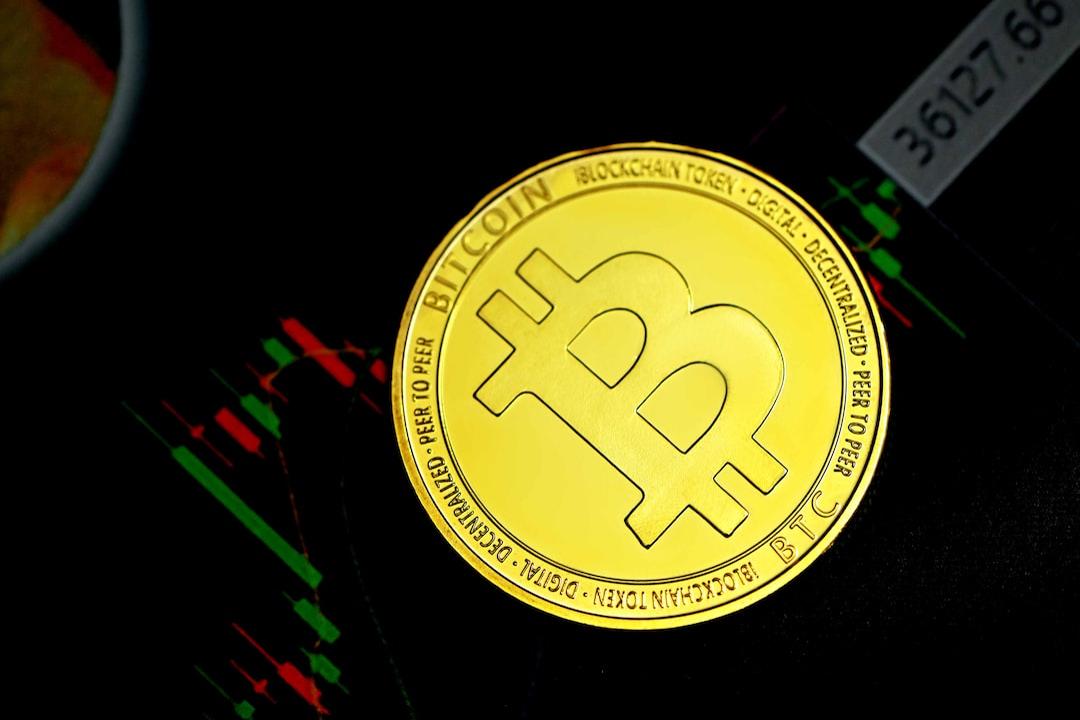
Korean Regulators Under Pressure as US Grants Approval for Ethereum ETF
The United States Securities and Exchange Commission’s recent decision to approve Ethereum exchange-traded funds (ETFs) is having a significant impact on South Korean financial regulators. This move follows the SEC’s approval of Bitcoin ETFs in January 2024, indicating a shift towards integrating digital currencies into traditional finance.
The approval of ETFs for Ethereum, the world’s second-largest cryptocurrency, on May 24, 2024, is seen as a major win for digital asset investors and developers. It paves the way for further integration of digital assets into traditional finance. Matthew Sigel, Head of Digital Assets Research at VanEck, believes these developments will bring advancements for investors and developers in the digital asset sphere. ETFs are bridging the gap between conventional financial systems and the growing digital asset industry.
However, South Korean financial regulators, including the Financial Services Commission (FSC) and the Financial Supervisory Service (FSS), maintain a more cautious approach compared to their American counterparts. The FSC insists that ETFs comply strictly with the Capital Markets Act, which requires them to be linked exclusively to traditional underlying assets like securities, international currencies, and commodities.
Critics argue that South Korea’s policies on digital assets are outdated and need revision to accommodate the increasing importance of digital assets in modern finance. Jung Eui-jung, head of the Korean Stockholders’ Alliance, urges Seoul to follow the US’s lead and approve Bitcoin and Ethereum ETFs. He fears that regulatory hesitance could drive investors to more progressive US markets, potentially making the US a leader in the trading of lesser-known cryptocurrencies.
The process to enable spot Ethereum ETFs in the US involved the SEC’s approval of the 19b-4 form and the activation of S-1 registration statements. This review process, expected to involve multiple iterations between the SEC and potential issuers, may take several weeks.
In addition to the SEC’s actions, the US House of Representatives recently passed the Financial Innovation and Technology for the 21st Century Act (FIT21), the first legislation of its kind. This bill aims to provide comprehensive regulation of the crypto industry, empowering the Commodity Futures Trading Commission (CFTC) with enhanced authority and funding to oversee digital commodities.
This legislative victory is seen as a significant political triumph in the crypto community. The evolving regulatory landscape is expected to increase institutional investors’ comfort level with crypto investments, including stocks linked to Bitcoin.
The market response to these developments has been mixed, with Ethereum experiencing a slight increase of 0.69% over the past 24 hours to $3,753.09, while Bitcoin saw a 0.98% increase to $69,221. This fluctuation reflects the ongoing evolution of the market in response to changing regulations, suggesting cautious optimism among investors as they navigate this new terrain.













